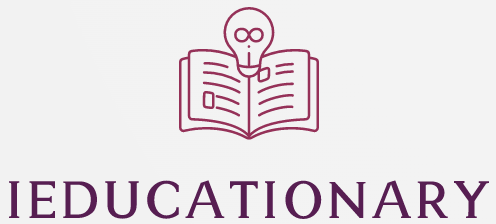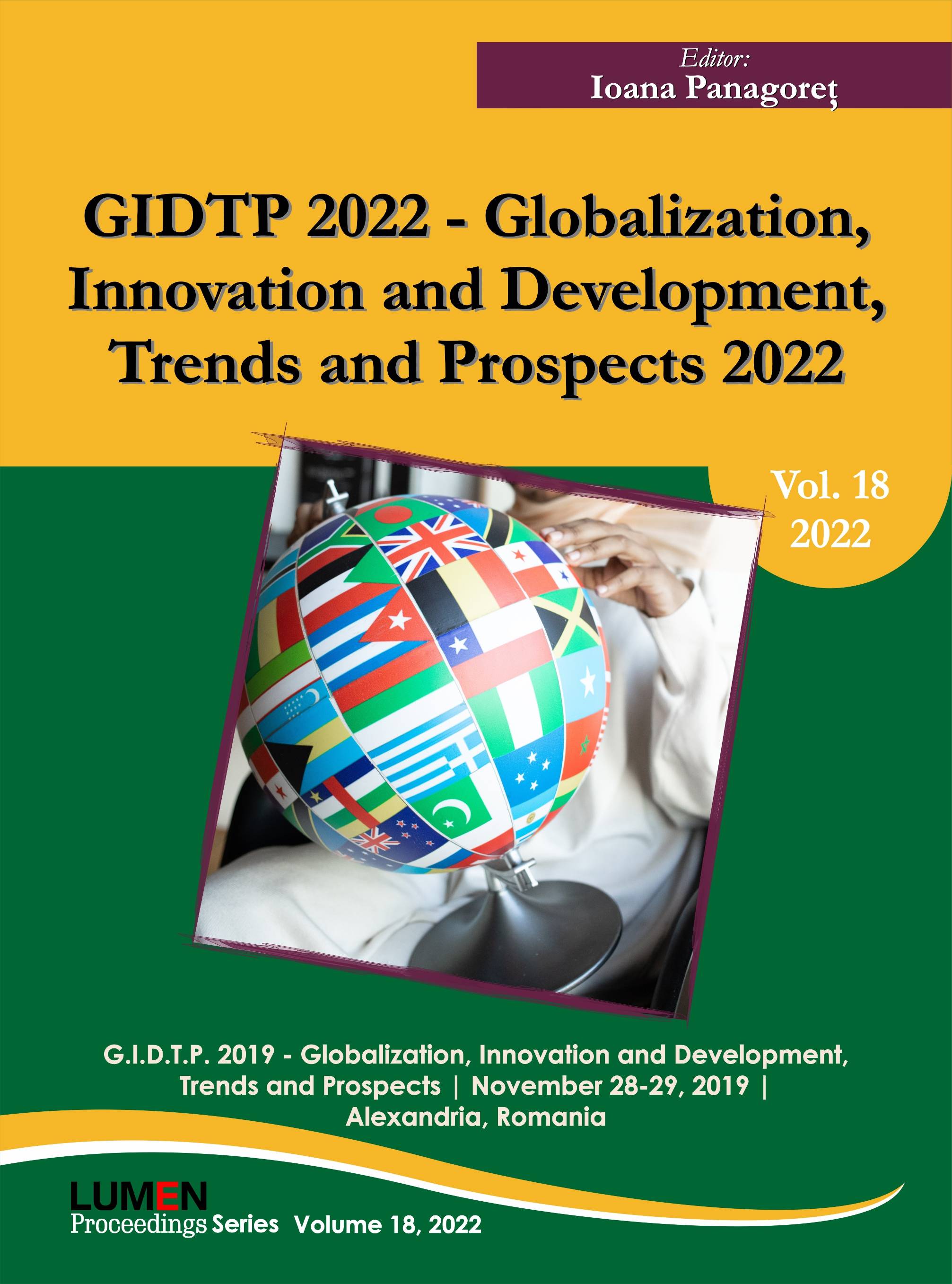What is Pre-University Education? This two-year course is compulsory in Quebec. It serves as a stepping stone to pursuing undergraduate courses. But what is it and how does it benefit students? This article aims to shed some light on the topic. Read on to learn more about this two-year course. Also known as Class 11 or Class 12, it is a vital part of the educational system. Here are a few facts that you might not know.
Pre-university education
Pre-university education is a 2-year course that prepares students for university. It is part of the 10+2 education system. It is also referred to as Class 11th and 12th. It is also referred to as the 1st PUC. It is a vital part of the university admission process because it gives students the opportunity to learn more about a particular subject before deciding on which college to attend.
Students can gain a lot from pursuing a pre-university education. Students can assess their interests and determine which degree program would be best for them. They can also gauge their interest in the workforce and academics. Pre-university courses offered by colleges and universities are highly beneficial to students because they provide the chance to learn soft skills before going to university. Some of these courses even give students the opportunity to practice public speaking, leadership skills, and more.
It is a two-year course
What is pre university education? The term is used for students who have completed secondary school but have not yet started college. This means that they have not attended school in their home country. Unlike the 10th grade board exam, students can choose to drop subjects that they are not fond of. Similarly, if students are unhappy with Computer Science, they can drop the subject and pursue a different stream, such as arts or commerce. In addition, they can pursue a degree course in arts after completing the Pre University course.
Typically, students who complete a high school diploma can enroll into the first year of a pre-university course. After two years, they can apply for undergraduate degree programs at their chosen university. However, these students must take three “Advanced Placements” (APs) in order to be eligible for admission. APs must be taken in subjects related to the university course chosen. While these courses are not required by law, they are important to the overall success of the student’s educational career.
It is compulsory in Quebec
While most of Canada’s education systems continue through grade twelve (age seventeen to eighteen), in Quebec, it ends at the end of secondary school at age eleven. If you plan on continuing your education beyond grade twelve, you must attend college. Quebec offers free elementary schooling for students up to grade eight. Students can pursue higher education after grade eleven and are required to attend college for two years. To learn more about education in Quebec, read on.
Post-secondary education in Quebec begins with college, which is typically a two-year or three-year general program. It can lead to university admission or vocational training programs. Some post-secondary programs last longer than four years, but in some cases, students must complete an additional year to get to the university level. The only federally funded university in Canada is the Royal Military College of Canada, a military academy.
It is a stepping stone for undergraduate degree courses
A pre-university education is a great way to gauge a student’s interests and decide what kind of degree course they would like to pursue. These courses are often offered by universities and colleges and allow students to learn soft skills that can help them succeed in the future. Depending on which stream you choose in 11th and 12th grade, the options that you will have are varied and will help you make an informed decision about which course is right for you.
In recent years, technology has made it easier for students to pursue their passions and discover hidden talents. These courses provide the necessary foundation for future professional degree courses. If you are unsure what type of degree program to take, you may want to get career advice from a professional career counselor or go through aptitude tests. However, keep in mind that aptitude tests are superficial, so rely on your gut instincts and trust your decision.
It is a holistic learning experience
There are many advantages to a holistic learning experience. The process of acquiring new information and concepts involves an experience rather than rote memorization and forced readings. Holistic learning involves a young learner coming to an answer on their own, not as a result of a teacher. Some examples of this type of learning include the Sprig Language Activity, which encourages young learners to think about the forest and its animals.
The philosophy behind holistic education is to engage all aspects of a learner’s life. It deemphasizes materialism and fosters growth in all aspects of a person’s life. It also teaches students to develop interpersonal relationships and appreciation of different skill sets. In addition, holistic education teaches students how to work together and to respect and value different perspectives. Those who choose a holistic learning experience will benefit from the opportunity to work with different students and teachers, regardless of their educational background.

